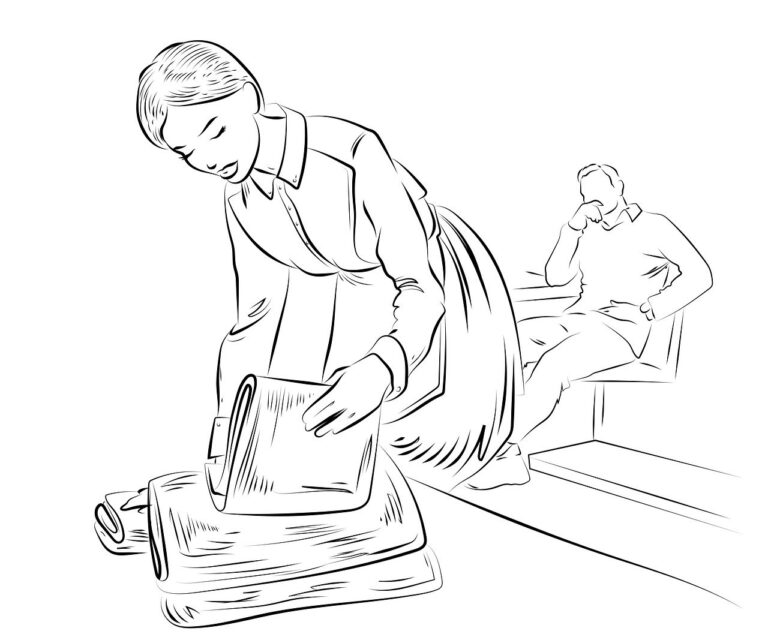What Is the Emotional & Mental Load?
The emotional and mental load refers to the invisible labor involved in managing a household and relationships. It’s not just about doing tasks like cooking or cleaning but also remembering birthdays, scheduling doctor appointments, or worrying about everyone’s well-being. In many families, women carry the bulk of this load, even when they also work full-time. This constant mental juggling can leave women feeling stressed and overwhelmed, yet it often goes unnoticed or unappreciated.
Why Do Women Carry the Mental Load?
Society has long placed the responsibility of caregiving and household management on women. Even in families where men share physical tasks, women often handle the mental and emotional labor of planning and organizing. For example, a woman might not only cook dinner but also plan the week’s meals, make the grocery list, and ensure nothing goes to waste. This imbalance is often rooted in traditional gender roles that assume women are “naturally better” at caregiving and household tasks.
How the Mental Load Impacts Women
The mental load can lead to stress, burnout, and resentment. Women often feel they’re managing everything alone, which can strain relationships. The constant mental juggling also leaves little room for personal goals, self-care, or relaxation. Over time, carrying the mental load can impact mental health, leading to anxiety or depression. Recognizing and addressing the mental load is essential for women’s overall well-being.
Sharing the Mental Load
Redistributing the mental load starts with communication. Talk to your partner or family about the responsibilities you manage and how they can help. Make lists or schedules so everyone knows what needs to be done. Encourage family members to take full ownership of tasks—not just helping, but managing them from start to finish. Sharing the mental load isn’t just fair—it creates a healthier and more balanced family dynamic.
Changing Societal Expectations
To truly address the mental load, society needs to challenge the idea that women are solely responsible for managing households. Schools can teach boys and girls about shared responsibilities from a young age. Workplaces can promote equality by offering parental leave for both men and women. Media can also play a role by portraying balanced family roles. When we shift these expectations, women won’t feel the pressure to “manage it all,” and families will thrive together.




